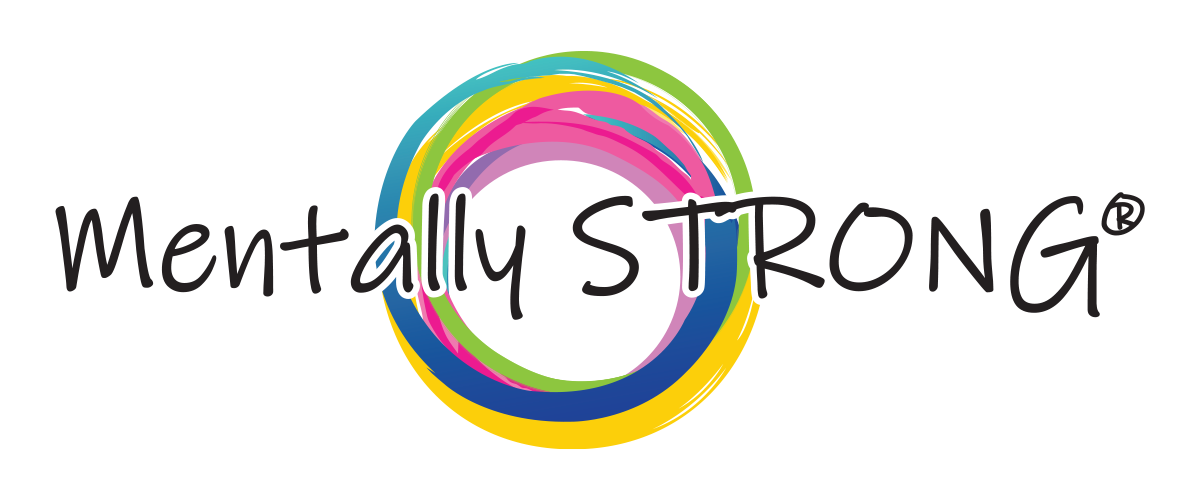Reflecting on my clinical practice and the evolving landscape of mental health, I’ve noticed an increasing trend that deeply concerns me: the self-diagnosis of Attention Deficit Disorder (ADD) and Attention Deficit Hyperactivity Disorder (ADHD) among adults. This trend, largely propelled by marketing campaigns and online self-assessments, has led to a surge in individuals seeking treatment, often with a preference for stimulant medications.
The Complexity of Inattention
It’s a situation that compels a deeper conversation about the complexities of diagnosis and treatment, especially when inattention can be a symptom of various underlying conditions. Depression and anxiety, for example, are significant contributors to inattention. The times when we are engulfed by sadness or worry, our ability to focus and be productive is markedly diminished.
True ADHD and the Challenge of Diagnosis
Therefore, jumping to the conclusion that inattention automatically equates to ADD or ADHD is a simplistic approach to a much more nuanced issue. True ADHD diagnosis involves a thorough examination of symptoms from childhood, as it fundamentally pertains to the development of the prefrontal cortex—a crucial area for executive function and impulse control.
The Digital Age and Dopamine Reward
The current digital age, with its incessant bombardment of dopamine-driven rewards, has exacerbated the challenge of maintaining focus. The lure of instant gratification has, in many ways, rewired our brains for short-term rewards, diminishing our capacity for delayed gratification and impulse control.
A Balanced Approach to Mental Health
My journey, both personal and professional, has taught me the importance of a balanced approach to addressing mental health concerns. Medication, while invaluable in certain contexts, is not a panacea. It’s crucial to explore and understand the root causes of inattention, which may range from mood disorders to lifestyle factors.
Empowerment Through the Mentally STRONG Method
In my practice, I emphasize the Mentally STRONG Method, which encourages individuals to think through their problems, organize their thoughts, and make informed choices. This method is about empowering individuals to take control of their mental health, training the brain to harness its full potential for focus and decision-making.
Conclusion: Toward Mental Wellness
As we navigate the complexities of mental health, it’s imperative to foster a holistic understanding of the factors contributing to conditions like ADD and ADHD. The journey to mental wellness is multifaceted, requiring a thoughtful blend of medical, psychological, and lifestyle interventions. By adopting a comprehensive approach, we can better equip individuals to manage their inattention and thrive in their personal and professional lives.
I’m Dr. Cristi Bundukamara, a psychiatric nurse practitioner with over two decades of experience and a personal journey through grief and trauma. My mission is to share knowledge, inspire growth, and build a community committed to mental strength. Join me in this endeavor—subscribe, follow, and share as we embark on a collective journey toward mental resilience.

